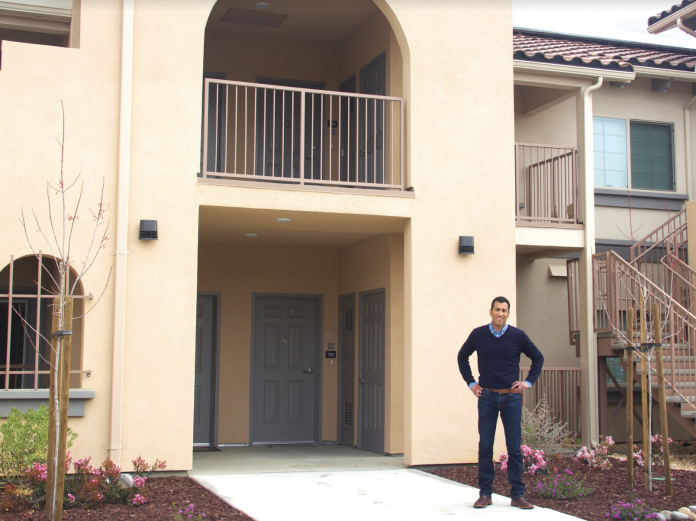Growing up in farmworker housing in Paicines, California informed how newly elected state Assemblymember Robert Rivas ran his campaign for his District 30 seat, and now it’s informing one of his first proposed pieces of legislation.
The Farmworker Housing Act of 2019 has made its way out of the Assembly housing committee and has now moved on to the committee on local government. The bill creates a streamlined process for farmworker housing to be built on agricultural land.
Currently, if a farm owner wants to build worker housing on farm property, it is a long process of zoning changes, with smaller farm owners unable to provide the kind of housing their workers need. Rivas’ bill would provide exemptions to the California Environmental Quality Act (CEQA) for farmworker housing, and does not require property owners to apply for a zoning change.
“This is a bill that is not a mandate at all,” Rivas said in an interview. “It’s a tool kit, it’s an option.”
The federal government currently provides a program known as H-2A that allows farm owners to sponsor temporary workers from foreign countries. Rivas said the Farmworker Housing Act would provide an option for the 75 percent of farmworkers who are U.S. residents and for the small farm owners who cannot afford to participate in H-2A.
Rivas said farm owners would be eligible to use state funding to partially fund the projects, allowing them to provide low- or no-rent housing. After being built, the developments would be run by local non-profit organizations
The bill is focused on addressing homelessness in the state’s rural counties, according to the housing act summary. Rivas said Monterey County’s startling numbers of homeless children were a major factor in the creation of the bill. The summary of the legislation states, “In 12 schools in rural Monterey County, more than one out of every five students are homeless. In one school, Sherwood Elementary, that number is nearly 40 percent.”
Rivas said a catalyst for the legislation was a 2018 study on farmworker housing in Salinas and the Pajaro Valley.
The study found that “47,937 additional units of farmworker housing are needed to alleviate critical overcrowding in farmworker households.” This was just the need found in Salinas and Pajaro Valley, both of which are a part of the assembly district Rivas represents.
One of the solutions the study outlined was putting an emphasis on permanent family housing that would be available year-round. Rivas explained that the housing act is an attempt to address that specific piece of the housing problem.
Rivas was also inspired by Gov. Gavin Newsom’s State of the State address earlier this year. Rivas said Newsom’s focus on housing in California and the 30th district’s unique needs, led his team to come up with the Farmworker Housing Act. Officials from the cities of Morgan Hill and Hollister, also part of District 30, sent letters of support for the bill, along with Gavilan College and a number of other organizations, municipalities and non-profits.
As a first time assemblymember, Rivas said his legislative agenda has been focused on “making sure that all of the bills we introduce [are] seeking to address issues in Assembly District 30, while addressing the values we care about locally.”













